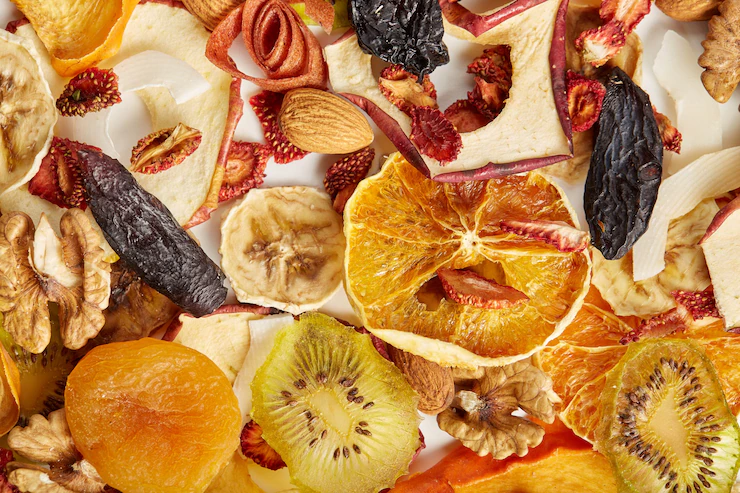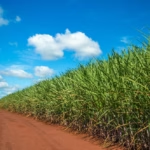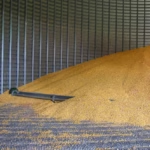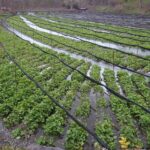Dried fruit production in South Africa is a significant industry that harnesses the natural sweetness and nutritional benefits of fruits. The country’s climate and diverse agricultural landscape make it well-suited for cultivating a wide variety of fruits, which can be processed into dried forms for domestic consumption and export.
- Fruit Cultivation: South Africa boasts a range of fruit-growing regions, including the Western Cape, Eastern Cape, Limpopo, and Mpumalanga provinces. These regions offer favorable conditions for growing fruits such as apricots, peaches, plums, apples, pears, grapes, and citrus fruits.
- Harvesting: The harvesting process involves picking ripe fruits at their peak flavor and nutritional content. Farmers employ careful techniques to ensure the fruit is undamaged and of high quality, as this directly impacts the final dried product.
- Processing: Once harvested, the fruits undergo processing to transform them into dried fruit. The most common method is dehydration, where moisture is removed through natural sun drying or artificial methods like dehydrators. Alternatively, fruits like grapes can be dried using specialized drying facilities to produce raisins.
- Quality Control: Strict quality control measures are employed throughout the production process to ensure the dried fruits meet the highest standards. This includes monitoring moisture levels, inspecting for defects or foreign matter, and conducting taste tests to ensure optimal flavor.
- Packaging and Distribution: Once the dried fruits have been processed and meet the quality standards, they are packaged for distribution. Packaging may vary depending on the target market, with options ranging from bulk packaging for industrial use to consumer-ready retail packaging. South African dried fruits are distributed both domestically and internationally.
- Health Benefits: Dried fruits offer a concentrated source of natural sweetness and a range of nutrients. They are rich in dietary fiber, vitamins, minerals, and antioxidants. Additionally, dried fruits have a longer shelf life compared to fresh fruits, making them convenient and versatile for consumption.
- Economic Impact: The dried fruit industry plays a significant role in South Africa’s agricultural sector and economy. It provides employment opportunities for farm workers, processors, and packaging staff. Moreover, export of South African dried fruits contributes to the country’s foreign exchange earnings.
- Sustainability and Environmental Considerations: As with any agricultural activity, sustainable practices are crucial. Farmers employ responsible water usage, crop rotation, and integrated pest management techniques to minimize environmental impact and maintain the long-term productivity of fruit-growing regions.
South Africa’s dried fruit production harnesses the abundance of fruit varieties and favorable climate conditions to create a thriving industry. By preserving the natural sweetness and nutritional value of fruits, the country contributes to the global demand for dried fruit products while reaping economic benefits and supporting local communities.









